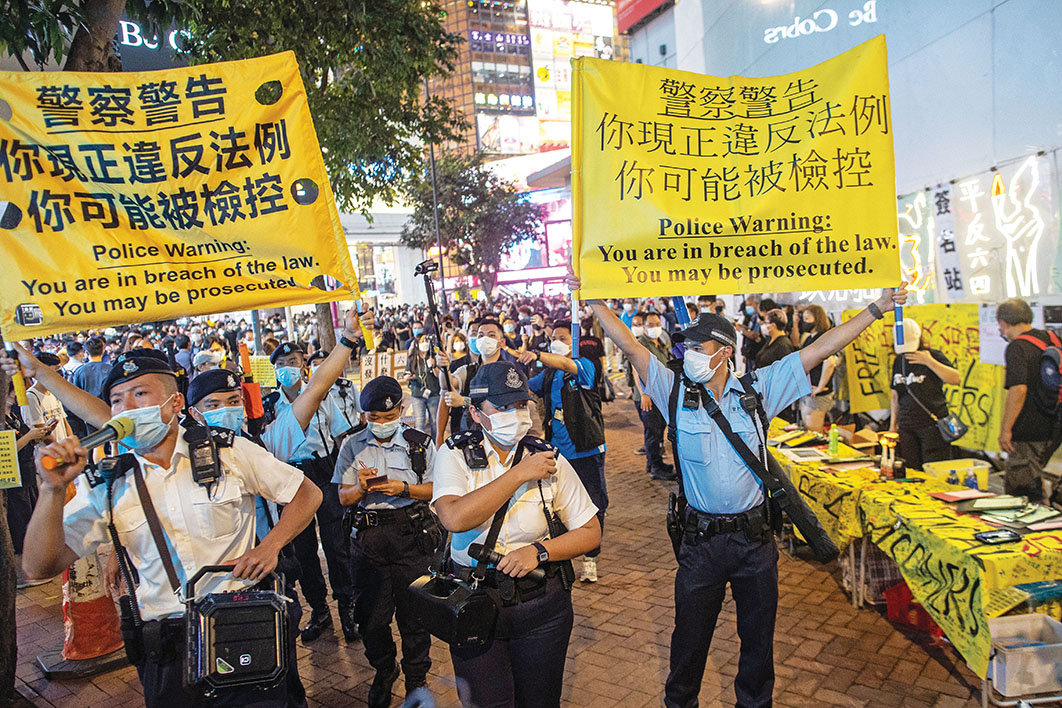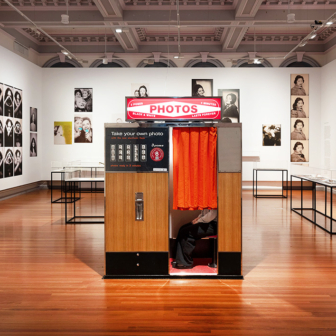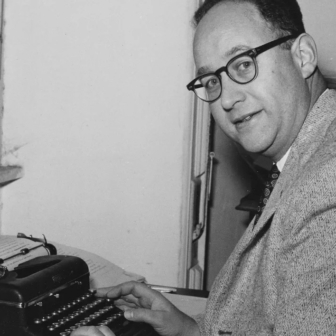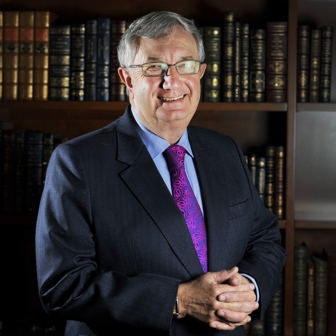It was the eve of this year’s anniversary of the 4 June 1989 killings in and around Tiananmen Square when I received a message over Twitter. Did I know that my book was no longer available for loan in Hong Kong’s public libraries — that it could only be consulted, in-house, at the reference library? Given that it is called The People’s Republic of Amnesia: Tiananmen Revisited, the irony of its disappearance from public view hasn’t been lost on anyone.
My book charts Beijing’s successful attempts to repress public memories of the 1989 killings. When I wrote it, Hong Kong’s annual candlelit vigil was the only place on Chinese soil where the bloody suppression could be marked. I had interviewed mainlanders who slipped across the border to attend, including one who had taken part in the protests. I had even met a tour group at the city’s Tiananmen Museum, whose boss had financed their Hong Kong trip specifically to visit the exhibit. For them, Hong Kong was a portal to their own past.
This year, as the authorities asserted political control over the territory following the massive pro-democracy protests of 2019, residents were warned that attending the vigil could mean a five-year sentence for illegal assembly. Anyone who even publicised the event could face a year in prison. One of the vigil organisers, barrister Chow Hang Tung, was arrested the morning of the event; several others, including activist Joshua Wong, were already serving prison terms of up to ten months for illegal assembly after attending last year’s vigil.
The Tiananmen Museum, meanwhile, had been shuttered just three days after it opened, ostensibly for not having the correct licence. The public broadcaster pulled a story about a long-distance run to mark the killings, then sidelined the team that put together the program.
Authorities seemed to be doing their utmost to extend to Hong Kong the mainland’s veil of silence over Tiananmen, citing the need to respect the national security legislation imposed sight unseen on the territory in June last year. The day after it was introduced, the law was used to arrest ten people, including a man on a motorbike carrying a flag with the protest slogan “Liberate Hong Kong, Revolution of Our Times.”
The logical outcome of that legislation is that Tiananmen memorials will become as subversive in Hong Kong as they are on the mainland. Preventing them will also strike at Hong Kongers’ collective identity, rooted in the freedom to protest and publicly remember what their counterparts in China cannot. Yet the annual Tiananmen vigil is so much a part of the political calendar, I can’t imagine Hong Kong without it.
My book’s fate is an inconsequential data point on Hong Kong’s precipitous slide into authoritarianism. The dizzying speed of the changes since the security law was passed makes them almost impossible to chart, turning any narrative into a litany of lightning-speed loss, as all the city’s cherished freedoms are dismantled pretty much simultaneously. The changes have undermined the neutrality of the territory’s civil service, the robustness of its academic institutions, the professionalism of its police force and, above all, the much-prized independence of its judiciary.
Democratic politicians have been jailed, forty-seven of them for attempting to hold a primary poll to choose election candidates. They face life in prison for conspiracy to incite subversion. The electoral system has been rewritten to ensure “patriots” have the majority in the legislature, even though there is effectively no political opposition. Civil servants have been forced to take loyalty oaths. National security education has been introduced into schools and universities, and curricula are being rewritten at speed. In response, Hong Kongers are leaving in droves, choosing emigration over this new, politically restrictive existence. Some are seeking political asylum overseas, while others try to smuggle themselves out by speedboat in desperation. The territory is no longer a refuge; it has become a place to flee.
Despite all this, and despite the 7000 extra police officers patrolling the streets, last week’s heavy-handed attempt to stop Hong Kongers commemorating Tiananmen failed. Hong Kongers thronged the streets around the vigil site at Victoria Park, defiantly bearing candles or holding mobile phone torchlights aloft. They are not mainlanders; they have not been trained by decades of violent political campaigns to reformat their memories by fiat. And they are showing they will refuse to have amnesia imposed on them.
I’m now writing a book about Hong Kong. Following the passage of the national security legislation, it risks becoming an exercise in subtraction, as ever more names and details are pruned from the text to protect interviewees. When I think about what will be left, I think of a line from a song by a local indie band called My Little Airport. They sang it at a concert in November 2019 while fans chanted slogans that would be banned just eight months later. As purple lights bathed the stage, the singer’s plaintive voice rang out over the melancholy guitar chords: “This is a revolution where no one wins in the end. But would you please stay and be a witness with us?” •




